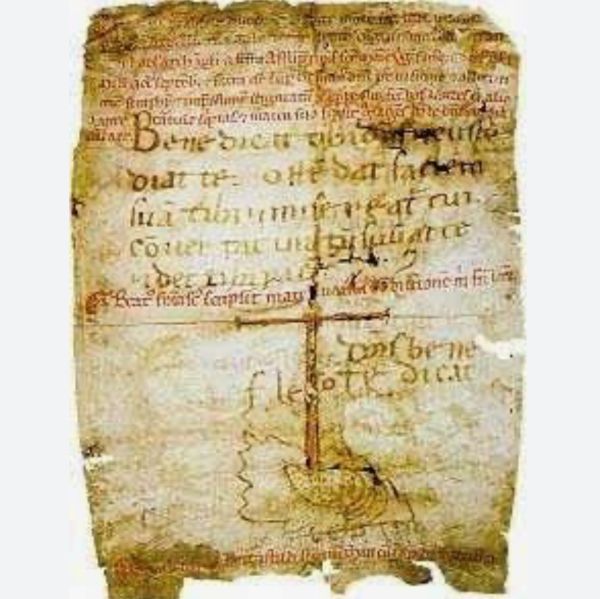Jesus distinguishes between the peace that the world gives and the peace that comes from Him.
He is the Prince of Peace, all good things that come from Heaven.
Francis of Assisi was precisely the man of peace, the one who wherever he went wished it on everyone.
The Major Legend reads in this regard:
"In each of his sermons, at the beginning of the discourse, he greeted the people with the wish for Peace, saying:
«May the Lord give you Peace!»
He had learnt this form of greeting by revelation from the Lord, as he himself later affirmed.
It was thus that, moved also by the spirit of the prophets, like the prophets he proclaimed peace, preached salvation and, with his salutary admonitions, reconciled in a firm covenant of true friendship many who before, in discord with Christ, were far from salvation" (FF 1052).
And again, in the Legend of the Three Companions we find Francis exhorting his brothers to be people who live and transmit Peace.
"The peace you proclaim with your mouth, have it even more abundantly in your hearts.
Do not provoke anyone to anger or scandal, but may all be drawn to peace, goodness and concord by your gentleness [...]" (FF 1469).
Francis nourished himself on this good in prayer, and exhorted his brothers to be sons of Peace, as the beautiful blessing addressed to Brother Leone and written by the little Poor in his own hand [as Brother Leo himself confirmed] attests.
"May the Lord bless you* and keep you, show his face to you and have mercy on you.
May he turn his gaze towards you and give you Peace.
May the Lord bless you, Brother Leone" (FF 262).
Clare too, within the walls of San Damiano, lived and taught her sisters the search for Peace, the fullness of goods.
"And how his marvellous virtue was perfected in sickness, from this is proved: that in twenty-eight years of continuous exhaustion, not a murmur is heard, not a lament, but always from his mouth comes a holy conversation, always thanksgiving [...]" (FF 3236).
In the letters she wrote to her spiritual daughters, she wished Peace and, at the moment of her passing, addressed to her soul, she expressed herself thus:
"Go in safety," he tells you, "for you have a good escort on your journey.
Go, for He who created you, sanctified you, and always looking upon you as a mother his son, loved you with tender love" (FF 3252).
Francis and Clare remain important figures on the theme of Peace, sought in the depths of their hearts and in their relationship with God; witnessed by their works in the fraternity and with all creatures.
It is not for nothing that the Canticle of Brother Sun is a hymn to harmony and peace with all creation, where the new, pacified man lives every situation in harmony with the Gospel.
"Praised be you, my Lord, through Sister our Mother Earth, /who nourishes and governs us, /and produces various fruits with colourful flowers and grass [...] Praised be you, my Lord, for those who forgive / for your love [...]" (FF 263).
* This is the formula of blessing that, by the Lord's command, Moses and Aaron pronounced upon the sons of Israel. The final invocation is Francis' own.
Tuesday of the 5th wk. in Easter (Jn 14:27-31a)












